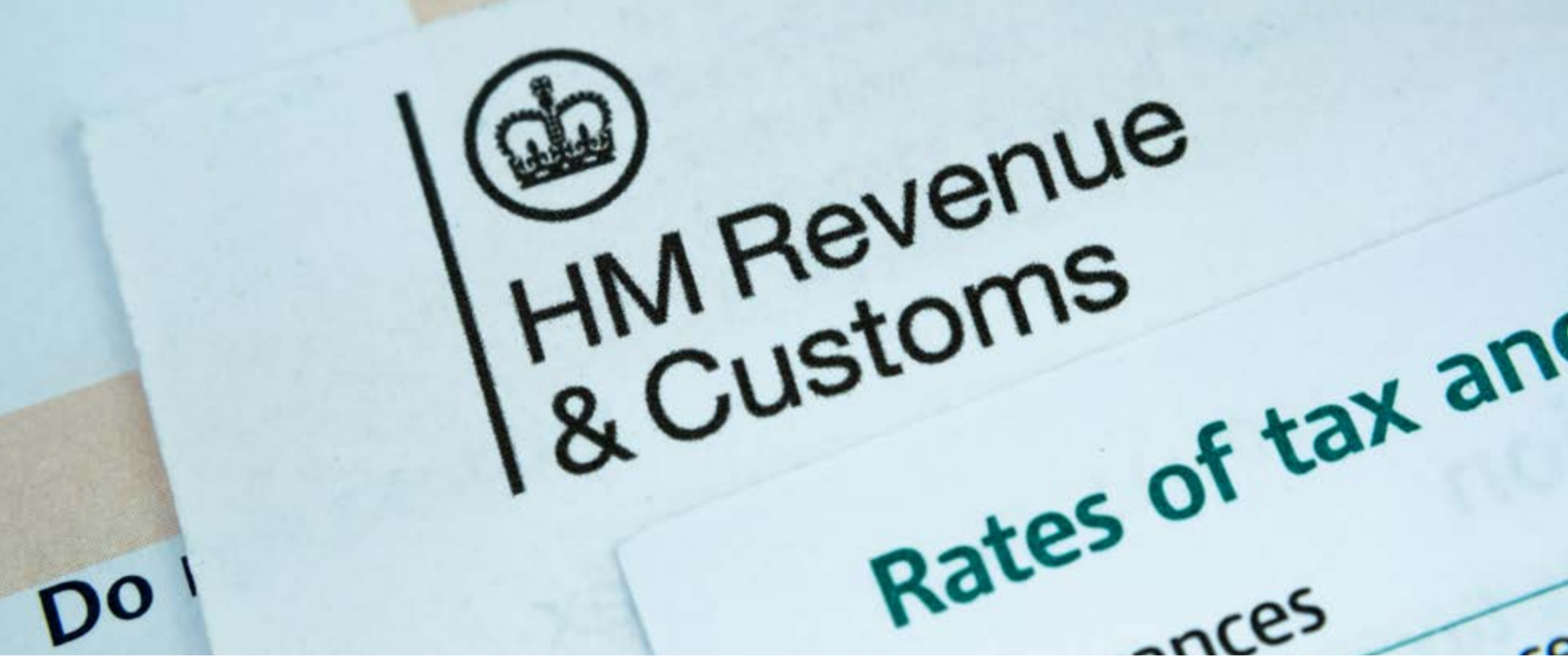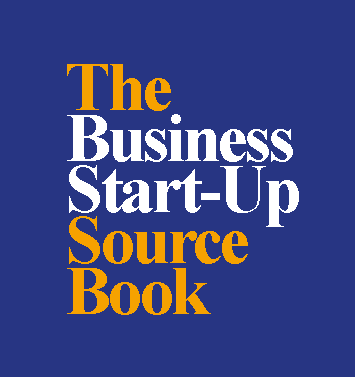Understanding tax and national insurance
Income tax, National Insurance
contributions and VAT
Self-employed people pay tax on their business profits (not personal earnings), as well as Class 2 and Class 4 National Insurance contributions (NICs).
People running and employed by limited companies, must pay income tax through the company’s Pay As You Earn (PAYE) scheme, as well as employee NICs.
This also applies to staff employed by the company.
The company must also pay Corporation Tax to HM Revenue & Customs (HMRC) each year, which, for many small limited companies, amounts to 19% of their profits after expenses and allowances have been accounted for.
It is worth referring to our feature from Thomas Quinn referring to using/employing the services of an accountant.
You will also have to deal with value added tax (VAT), which is levied on the sale of most goods and services (there are exemptions). If your turnover exceeds the VAT threshold (£85,000 in a 12 month period), your business must be VAT
registered.
Once registered, you charge VAT to your customers and fill in a quarterly VAT return, submit it online to HMRC and pay your bill.
If you want to run a professionally recognised and legitimate business, paying tax is an important and necessary part of the process.
It’s well worth understanding your tax obligations before you start up.
That way you can make provisions and then concentrate on the more exciting aspects of running your business.
This of course and as we cover in other features is where a good accountant comes in to play.
STARTING AND RUNNING YOUR OWN BUSINESS IS A STRESSFUL AND HARD ENOUGH TASK WITHOUT INVITING THE WRATH AND POTENTIAL FINES/PENALTIES FROM HMRC

Paying HMRC
When putting together your cashflow plan, keep in mind that you will have to make regular payments to HMRC for employee and employer NI and Income Tax contributions.
You’ll be able to view what you owe HMRC, based on your reports. You then have to pay HMRC, usually every month.
If you’re a small employer that expects to pay less than £1,500 a month, you can arrange to pay quarterly – contact HMRC’s payment enquiry helpline.
Keeping records
To remain within the law, you must keep accurate financial records, detailing all money entering and leaving your business.
These accounts must be kept for at least six years – even if the business ceases trading.
If you put a robust system in place from day one, then simple bookkeeping needn’t turn into a nightmare – even if number crunching isn’t your thing.
So what do you need for bookkeeping?
You will need:
- a cash book;
- a sales ledger;
- a purchase ledger;
- a wages book.

Accounting software
For most businesses, these ‘books’ are now managed through accounting software. Financial software packages offer a quick, cheap and convenient way to keep financial records. They can also reveal vital management accounts information, to help owner-managers run their businesses more effectively. Today’s accounting software is very easy to use and with SaaS (Software as a Service) packages, security is strong as your data/information is stored in the cloud. Again it is worth consulting our accounts feature from Thomas Quinn.Keeping tax bills under control
Every business owner is keen to keep tax bills low. There are strict rules about business expenses that you should be aware of, this will ensure that you are only claiming what you are entitled to claim.
There is also a range of tax allowances and reliefs. For example, money you invest in machinery and fixtures and fittings for your premises can be claimed as a capital allowance.
Even money you spend before the business is officially launched can be claimed as a business expense, as long as you notify HMRC and of course follow the rules.
Finding a business accountant
Of course they rarely provide their services for free, but a good accountant can help your business save tax.
The odd useful piece of advice, tailored specifically to your needs, could minimise your tax liabilities.
Accountants can also make filling out forms and dealing with HMRC less painful, which alone can be well worth the accountancy fees.
To find a good business accountant, ask your network for recommendations or try the professional bodies such as ACCA, ICAEW or ICAS, before shortlisting and interviewing a few candidates to find the best fit for your business.





